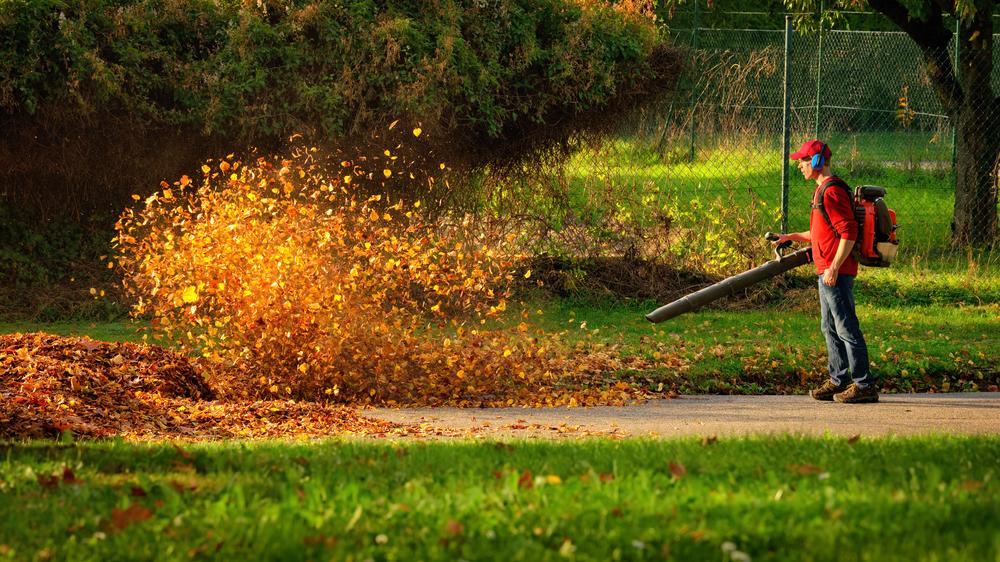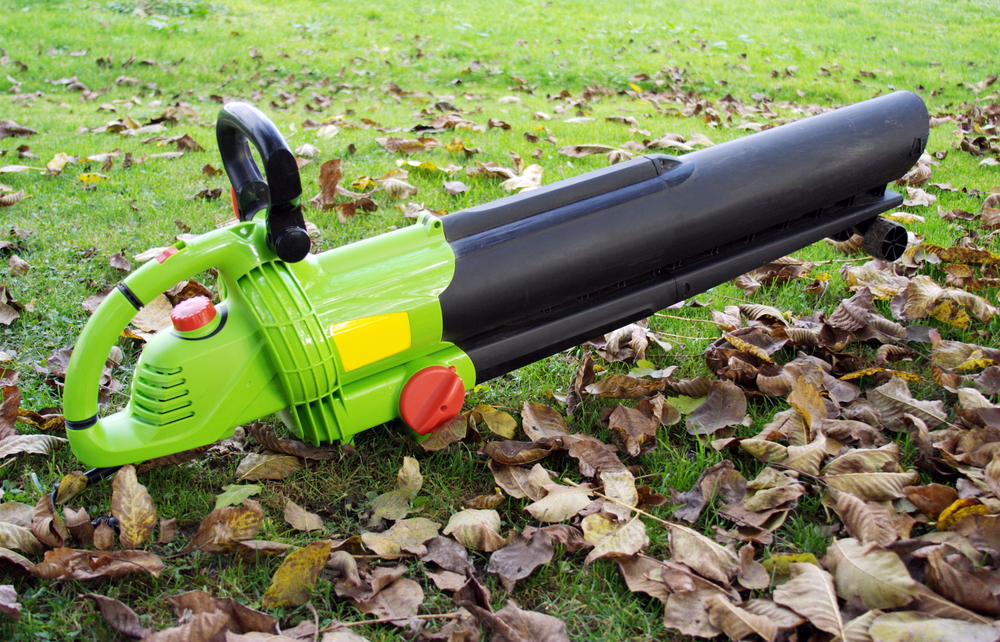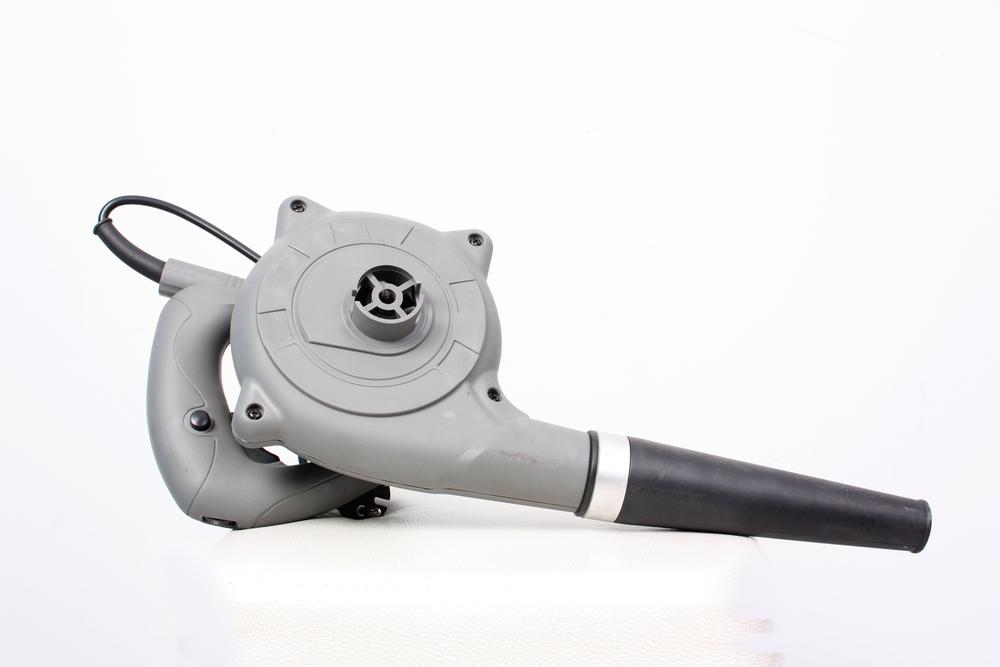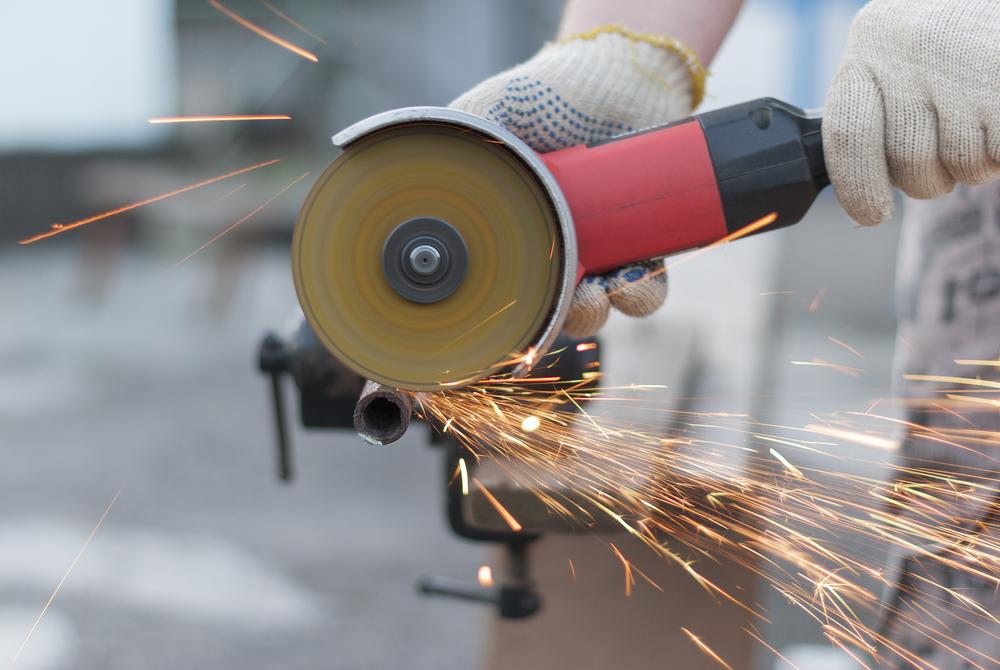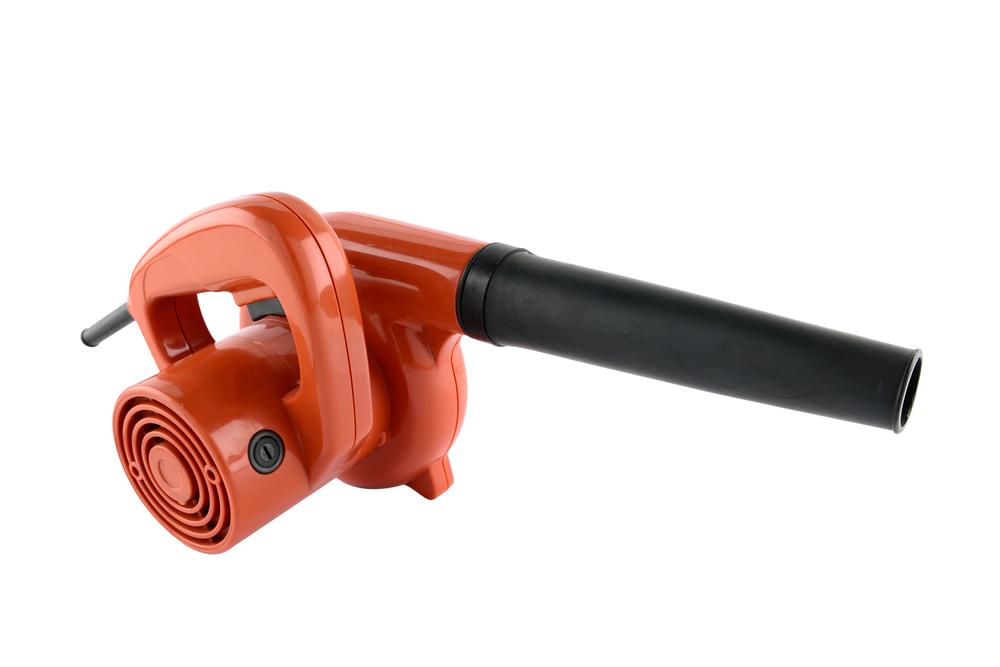Choosing the Optimal Gas-Powered Leaf Blower
Discover tips for selecting the best gas-powered leaf blower for your yard. Learn about key features like air velocity, volume, maintenance, and ergonomic considerations. This guide helps homeowners choose efficient, durable equipment suited for small and large properties, ensuring a smooth leaf cleanup experience. Proper research ensures you find a blower that offers great performance and value, making yard work less tiring and more effective.

Choosing the Optimal Gas-Powered Leaf Blower
To streamline your yard cleanup this autumn, investing in a dependable gas leaf blower is a smart choice. It helps keep your lawn, driveway, and garage free of leaves and debris. As fall is quite prominent in countries like the United States, having the right equipment is essential. When selecting a gas leaf blower, consider key features such as engine performance, weight, and user comfort to ensure efficient operation. The numerous specifications available can be overwhelming, so focusing on essential factors is advisable.
Gas leaf blowers operate as long as they have fuel, and their durability depends on usage, particularly during peak seasons. Although initial costs are higher, their efficiency results in cost savings over time. Typically, a gas blower can last around 10 years or about 1000 hours before needing repairs. Proper maintenance, such as handling the air filter and spark plug carefully, extends the equipment’s lifespan. For homeowners, a reliable, long-lasting blower is a valuable investment.
For smaller urban yards, handheld gas leaf blowers are ideal due to their lightweight (under 9 lb), ease of use, and simple storage. Some models convert into vacuums, shredding leaves into bags for disposal. Larger properties benefit from backpack blowers, which are easier to operate over extensive areas. Many come with cruise control or throttle lock features to ease handling and reduce fatigue.
The performance of a gas leaf blower depends on air velocity (mph) and air volume (cfm). High mph and cfm ratings indicate better performance and durability. While engine size is often considered, ratings for velocity and volume provide more reliable guidance during selection.
Additional features like vibration dampening, rotational control, and easy storage should also be evaluated. Backpack models with padding minimize vibration discomfort, while spring-mounted engines absorb shocks. Rotational control prevents arm fatigue caused by the gyro effect. Detachable tubes facilitate storage in tight spaces. Brands often offer extended warranties, especially when purchased with recommended oils and fuels. Careful research and review of warranty terms are essential for making an informed purchase.


